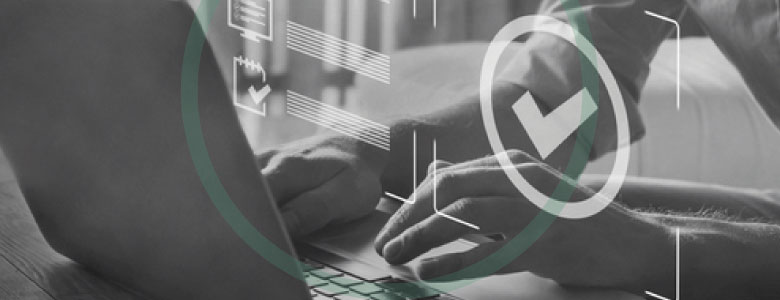When I answer the question so what do you do, the next question is more often than not, how do you ask someone for that much money…? The truth is, I don’t often do the asking. In most cases our job as fundraisers is done in the months and years leading up to ‘that’ meeting. When it comes to the ask, more often than not I have briefed and trained two others to take on that role.
THE RIGHT PEOPLE
The first is someone with authority. It may be the CEO or the Chairperson, someone who will ignite passion and speak with authority that any philanthropic support will be treated accordingly.
The second person is an influencer, one that the donor cannot say no to. Someone highly respected, perhaps someone who has done them a favour. This person is likely to be an industry or social leader and is best placed to make the ask.
Where donors are very well known to me through years of relationship building, I will ask because they trust me. In these cases, the ask is often fairly straightforward. They know what I do. If they have agreed to a meeting, we are almost there.
ENGAGEMENT & TIMING
But before we sit in that room, a lot of research and engagement needs to take place. Asking for a major gift should never come out of the blue. Major gift fundraising is intrinsically linked to relationship building. By nature, major donors already have an affinity to your organisation or the person asking.
Signs of the right time to ask include: - They expressed a desire to see you succeed, perhaps they have a personal connection to the cause.
- You made it clear early on that you were going to ask them to support at a later date.
- You have identified the right person to do the ask. The person that they can’t say no to.
- They agreed to meet? You are 80% there!
- They offered support or said something along the lines of let me know how I can help.
Listen for the cues, they will tell you if they are engaged, interested and willing. You can’t rush this.
INSPIRE WITH YOUR VISION
Start with your vision, not what you want. I worked with an organisation seeking funds for an expensive piece of equipment for medical research. If the CEO spoke about the machine, very few would understand or connect. So instead he asked donors to imagine. Imagine a world where were could diagnose a disease up to ten years before it occurred. That by doing so, they could stop the disease from ever occurring… Connecting the individual to something personal, a father, a daughter, a friend. Someone they know who has suffered.
You need to speak about how to achieve your goal, about the help you need. Then ask them to be that help. Tell them what you need and ask them to provide it. As the person asking, you are there to encourage them to support something you know they care about, something you know they believe in, something which could make a difference.
You should feel proud to ask, and you should be making them proud to be asked.






